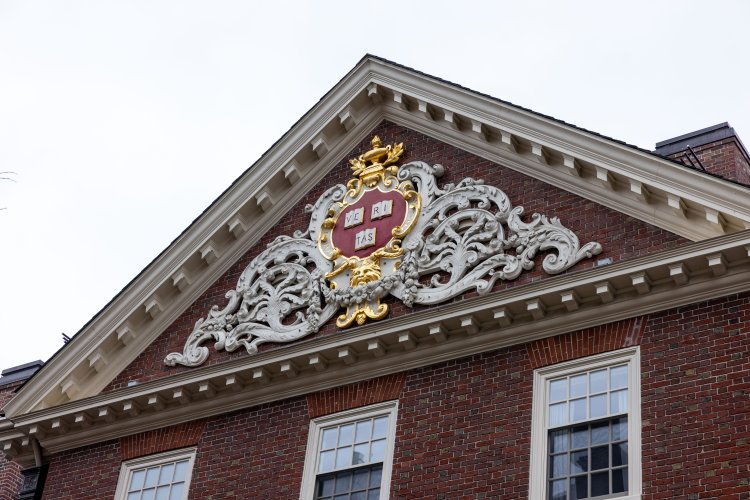Harvard University Turns Down Trump Administration Requests to Alter Policies
The administration was informed by the university that it will not adhere to the list of demands, jeopardizing $9 billion.

In a statement released Monday, Harvard President Alan M. Garber criticized the unprecedented demands, which include alterations to disciplinary policies aimed at addressing antisemitic acts that arose during protests related to the Israel-Hamas war. He argued that these demands are not only unnecessary but also infringe upon the university's rights to free speech.
Garber emphasized, “No government — regardless of which party is in power — should dictate what private universities can teach, whom they can admit and hire, and which areas of study and inquiry they can pursue.”
Harvard's decision to stand firm in the face of potential loss of $9 billion in federal funding highlights a rare act of defiance against the Trump administration's efforts to penalize major institutions and law firms perceived as adversarial.
Should federal funding be revoked, it would significantly impact Harvard and affiliated institutions like Mass General Brigham and Boston Children’s Hospital. Meanwhile, other schools, such as Columbia University, have chosen to comply with the administration's demands to avoid losing funding.
Universities nationwide are currently facing scrutiny related to diversity initiatives and accusations of antisemitism on their campuses. Trump has notably criticized Ivy League schools, branding them as elitist and left-leaning. The administration has indicated it is reviewing or pausing grants to several institutions, including Brown, Princeton, Cornell, and the University of Pennsylvania.
Princeton President Chris Eisgruber has joined Garber in voicing his intention to resist the administration's demands. Former Harvard President Larry Summers remarked to a group of students and alumni last week that the university's substantial endowment of nearly $52 billion gives it the capacity to withstand such pressures. “With all of those assets — If Harvard can't resist, who can?” he said.
On Friday, the administration delivered an updated list of demands to Harvard that would require the university to overhaul its governance, eliminate diversity considerations in admissions, introduce new disciplinary measures against student protesters, and decertify pro-Palestinian student organizations. Garber noted that Harvard has already implemented measures to address antisemitism and related misconduct arising from the intense protests concerning the Gaza conflict.
“The administration’s prescription goes beyond the power of the federal government,” he stated. “It violates Harvard’s First Amendment rights and exceeds the statutory limits of the government’s authority under Title VI. And it threatens our values as a private institution devoted to the pursuit, production, and dissemination of knowledge.”
In response, White House spokesperson Harrison Fields affirmed that the administration aims to eliminate “unchecked” antisemitism and warned that Harvard's reaction could jeopardize its federal funding. “Harvard or any institution that wishes to violate Title VI is, by law, not eligible for federal funding," he stated.
The letter from the Department of Education, the Department of Health and Human Services, and the General Services Administration accused Harvard of failing to meet the “intellectual and civil rights conditions that justify federal investment.”
Harvard's rebuttal highlighted its commitment to combatting antisemitism on campus, contending that the administration ignored the changes it has already implemented. The university's lawyers asserted that the demands “invade university freedoms” long acknowledged by the Supreme Court.
“The university will not surrender its independence or relinquish its constitutional rights," the lawyers stressed in their response. "Neither Harvard nor any other private university can allow itself to be taken over by the federal government."
Thomas Evans for TROIB News
Find more stories on Business, Economy and Finance in TROIB business












